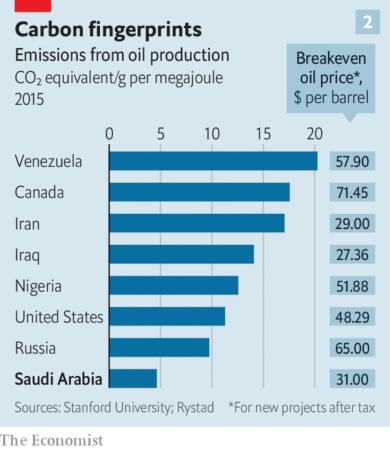Canada’s 2019 election has been another frustrating one for those who think climate change is the most urgent and important political challenge we face – with Canada’s electoral system and party structure working against us on one hand and the practical effect that the Liberals and Conservatives are controlled by oil-linked industries including finance and the auto sector on the other.
Nobody is proposing a plan for Canada to do a fair share in controlling the problem and overcoming fossil fuel dependence, except maybe the Greens who cannot form a government.
The expectation for my riding is that Liberal minister Chrystia Freeland will win, followed by NDP, Conservative, and Green candidates. That leaves me pretty free to vote as I wish. I do feel there is some purpose in rewarding the Liberals for their inadequate but still somewhat serious climate policy, in contrast with the rollback to Harper-era delay with the Conservatives plan. At the same time, the party has been incoherent on the issue (like all the others parties) vaguely supporting the general aim of decarbonization and planetary stability but making near-term economic choices that show only a superficial interest in overcoming fossil fuel dependence. The NDP may be theoretically better on the issue, but their positions in recent years have been inconsistent to the degree that they don’t seem likely to be much better than the Liberals.
In the end I’ll probably vote Liberal or Green: the former as a way of saying that the minimum standard of a rising carbon tax is crucial and must be maintained, or the latter as a way of saying climate change is much more important than the other issues being contested.
I just hope we don’t end up with a Scheer government. Living through the Harper years was painful enough for anyone who can see that we’re squandering our chance for a cheap and low-conflict route to climatic stability, guaranteeing a at a minimum that we will need to pay far more to solve the problem after industry-backed delay than we would have needed to if we really got started after the UN climate convention in 1992.


